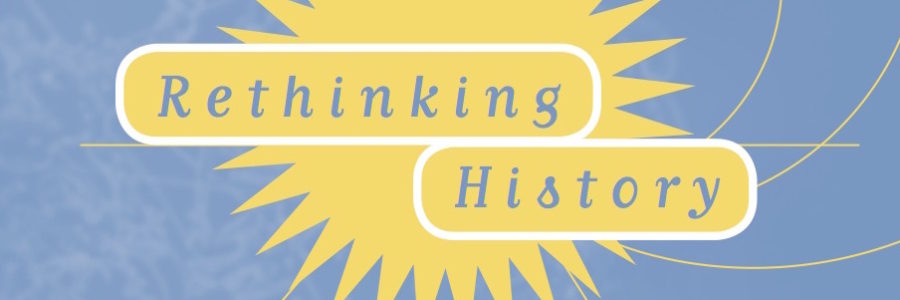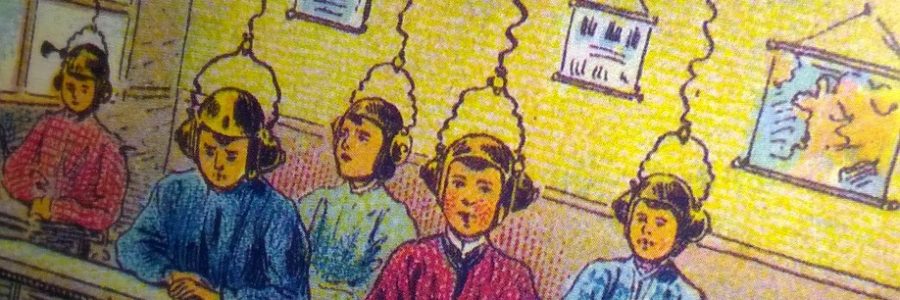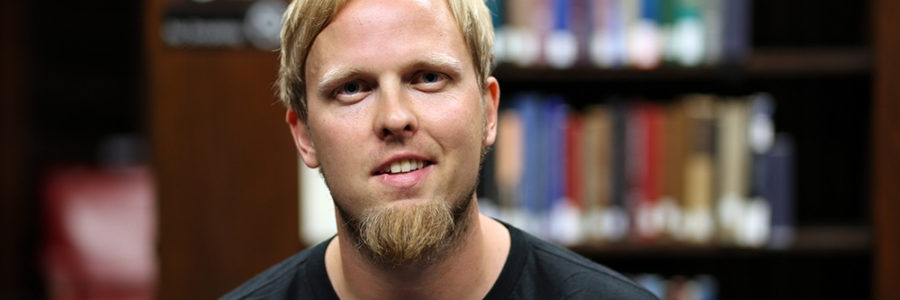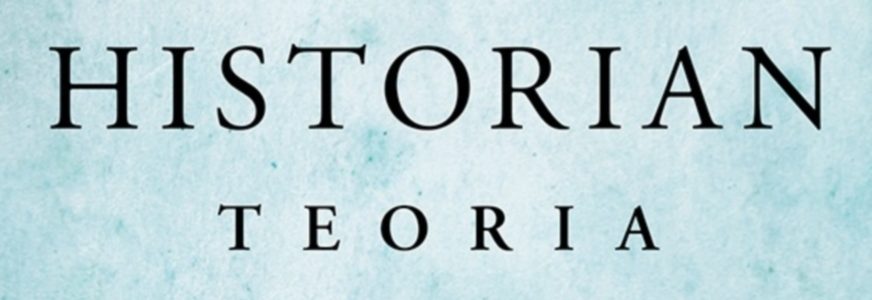CFP: The Role of Philosophy of History
Conference at the University of Oulu, Finland, 5-7 October, 2017
Hosted by the Centre for Philosophical Studies of History, http://www.oulu.fi/centreforphilosophyofhistory/
Keynote speakers: Frank Ankersmit (Groningen), Giuseppina D’Oro (Keele), Jonathan Gorman (Belfast), Allan Megill (Virginia), Marek Tamm (Tallinn), and Aviezer Tucker (Harvard).
***
What is the role of the philosophy of history in current academia and more widely in contemporary culture? What is the philosophy of history? And the philosophy of historiography? The conference The Role of Philosophy of History is devoted to these questions.
One answer is simply that the philosophy of history does not have much of a role in current academia, having lost it since the heyday of analytic philosophy of history. However, interest in the theoretical and philosophical studies of history has increased in recent years, as evidenced by the INTH conferences in the recent past, for example. Perhaps now could be the time for the field to regain its place in academia and culture. If so, what should be the role of the philosophy of history?
The short history of this discipline covers transitions from the analytic philosophy of history to studying the narrative aspects of history writing in the 1970s and 1980s, and more recently the turn towards investigating the role of memory and the ethical aspects of history writing. But does the upward trend of the theory of history contribute to the philosophy of history? And if so, in what way(s) exactly? Some might naturally question this distinction altogether.
The increase of research activity relevant to the philosophy of history has in any case not been reflected in institutional structures. The old traditional departmental profiles and subject distinctions in philosophy have proved enduring. This reason only adds to the urgency to consider the role and nature of the philosophy of history and historiography. Should the philosophy of history emulate analytic philosophy of history? Would this pave the way for greater institutional respectability? Or should it attempt to formulate its own idiosyncratic philosophical approach and risk becoming even more estranged from the mainstream? What would be the main questions and problems of it? Should the philosophy of history be characterized by a certain style or treatment rather than by a specific substance?
The theory and philosophy of history is in a privileged position in that it has a close relationship with its object discipline, historiography. Many who write about theoretical and philosophical aspects of history are historians by education or at least know historiography well. Both the research and writing of history are also more accessible for philosophers than many other disciplines of science. But how intimate should the link between the philosophy of historiography and historiography be? Is it conceivable that the theoretical and philosophical studies of history could be practiced more or less autonomously without much regard to historiography and its actual practice, as some have suggested?
It may also be argued that the philosophy of history and historiography are, and perhaps should be, uniquely placed with regard to the moral problems of contemporary society. Historiography deals with issues that are significant for the practical life of people in that it formulates conceptions of the past, laying blame and responsibility for some actors and proposing moral meaning for some events. How great a role should these kinds of moral concerns be given in philosophical studies?
The conference The Role of Philosophy of History is linked to the editorial transition of the Journal of the Philosophy of History (http://www.brill.com/journal-philosophy-history) to the University of Oulu. Related questions are therefore: What kinds of research should be published in the journal? Where should the journal and the discipline now be directed?
Please send an abstract of a maximum of 300 words to Ilkka.O.Lahteenmaki@oulu.fi by 1st May, 2017. Notifications of acceptance will be sent by 1st June, 2017.









